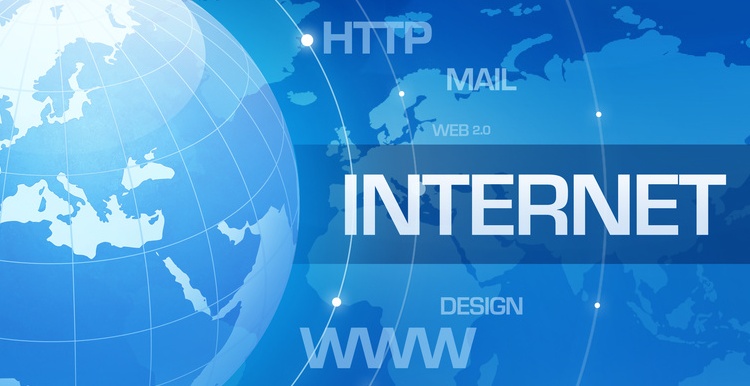The global connectivity gap persists as a staggering 43% of the world’s population, or approximately 3.45 billion people, remain unconnected to the digital world, according to a new report by the GSMA.
This, according to the report is hindering economic growth and social progress.
To bridge this digital divide and achieve universal mobile internet access, the report estimates that a massive investment of $418 billion is needed. Key barriers to connectivity include affordability, digital skills, and network coverage.
Thus, the GSMA urges governments, mobile network operators, and international organizations to collaborate and take decisive action to address these challenges by investing in infrastructure, promoting digital literacy, and addressing affordability issues.
“We can connect the unconnected and empower individuals and communities worldwide when we collaborate and invest in local digital ecosystems to ensure the sustainable growth of mobile internet connectivity,” said John Giusti, Chief Regulatory Officer at the GSMA.
Affordability:
- Mobile devices can be prohibitively expensive, especially in low-income countries.
- In Sub-Saharan Africa, mobile phones can cost nearly 99% of the monthly income of the poorest individuals.
Digital Skills:
- A lack of digital literacy and skills limits the ability of individuals to fully utilize mobile internet services.
Network Coverage:
- Approximately 350 million people worldwide live in areas without mobile network coverage.
The Economic Impact of Connectivity: Closing the digital divide could add $3.5 trillion to the global economy by 2030, with the majority of benefits accruing to low- and middle-income countries.



